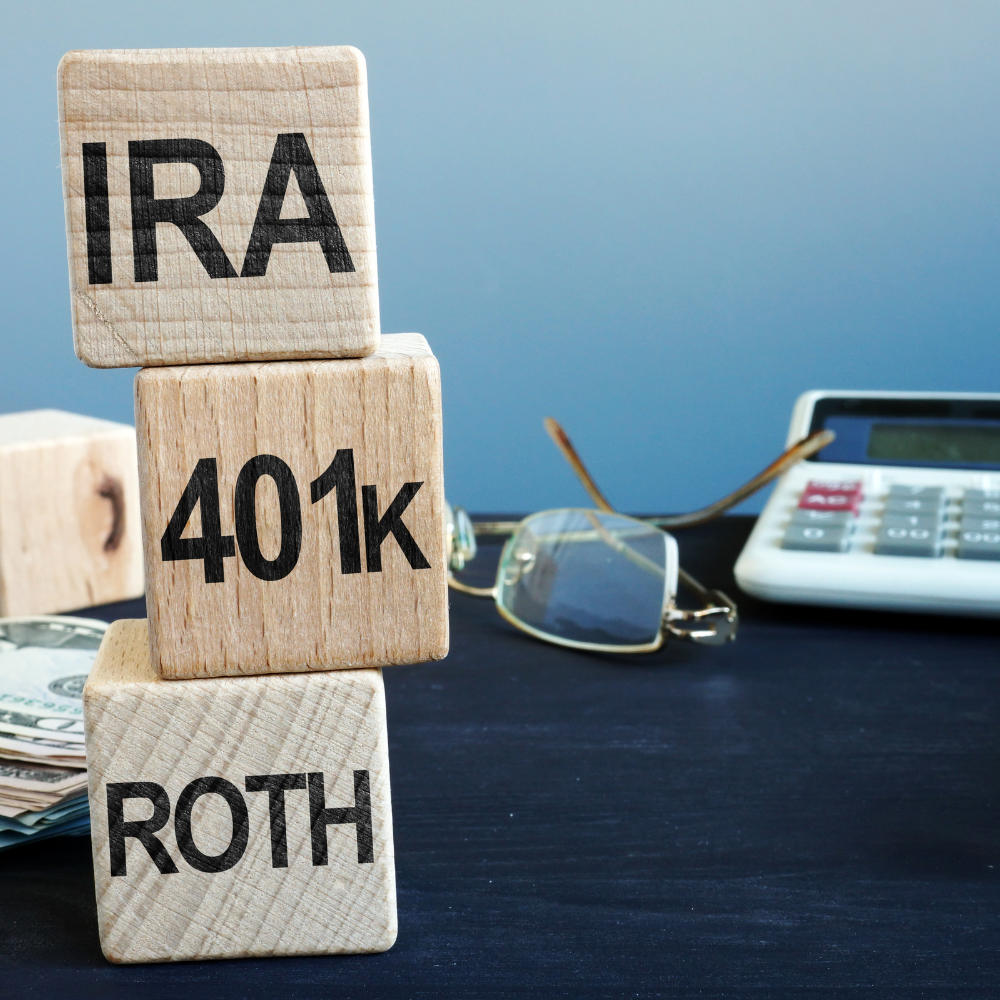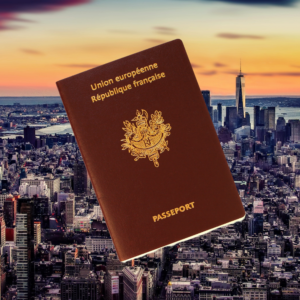
Can you rollover an IRA into a 401(k) as a U.S. expat? It can be a bit overwhelming to try and manage your finances from overseas, especially regarding your retirement accounts. With tax regulations and investment options differing between countries, making these financial decisions can feel very complex.
What are retirement accounts?
Retirement accounts are specialized savings accounts designed to help accumulate funds for retirement years. These accounts offer tax advantages to incentivize saving for the future, when you are no longer working full-time. There are various types, some more common than others.
The most traditional retirement plans: 401(k), IRA
401(k)
Despite its awful name, which was taken directly from the U.S. Internal Revenue Code, the 401(k) plan is the most common employer-sponsored retirement account, and for good reason. This plan is a retirement account where employees can make pre-tax contributions which are normally matched by the employer. In other words, this will reduce the employee’s taxable income for that year, and the employer’s matching is essentially free money that boosts their retirement savings.
The constraint is that there is a maximum limit of contribution ($23,000 in 2024), and the client will be taxed when money is withdrawn during retirement. You must also withdraw a certain amount called the Required Minimum Distribution (RMD) starting at 73 years old, or else you are subject to a 25% excise tax.
Individual Retirement Accounts (IRAs)
Another option is an IRA, which anyone can open through a bank or broker. It doesn’t have the employer-match like the 401(k), but it does benefit from the same pre-tax contribution advantage. Again, just like the 401(k), there is an annual contribution ceiling (for 2024, $7000 for those under age 50,and $8000 for those age 50 or over), a RMD at 73 years old, and you are taxed when the money is withdrawn.
What is Roth?
You may have heard of Roth 401(k)s or Roth IRAs, but weren’t quite sure what they were. Well, the biggest distinction is simply how they are taxed compared to their traditional counterparts. Roth accounts allow you to be taxed when you contribute to the account and then receive all the withdrawals tax-free. This is a great solution if you don’t want to worry about taxes when you retire or for your inheritance. Another great benefit is that there is no RMD or contribution ceiling, but there are income limitations though: $161,000 for single filers, and $240,000 for married couples filing jointly.
Less common retirement plans: profit sharing and public sector
The other types of retirement accounts tend to be linked to two general categories: profit sharing and public sector.
- Profit sharing: Options like ESOPS or stock-bonus plans are different types of employer-sponsored retirement plans where the employer contributes a portion of the company’s profits to employee accounts. This is a way to retain valued employees and have them invest into the success of the company.
- Public sector: Employees working in the public sector have access to special retirement plans such as the 457(b) or the 403(b). These normally have special benefits based on salary and seniority, and can also have special features such as a lump sum or annuity option.
As these are less common retirement accounts, we recommend contacting a cross-border advisor at Harrison Brook to explain what are your best options for managing them overseas, and how to avoid costly mistakes.
So, can you rollover an IRA into a 401(k)?
If you are living or working overseas, you cannot directly rollover an IRA into a 401(k). While both are retirement accounts offering tax benefits, they have distinct contribution rules and regulations. However, a more interesting option is in fact to do the opposite, which is to rollover your 401(k) into an IRA. If you live overseas or you are no longer working for firm in the United-States, you are very likely ineligible for any 401(k) employer-match, and consequently, a rollover to an IRA can provide many benefits:
- Larger choice of investment options
- Less management fees
- Higher contribution limit
- Can combine many 401(k) into one IRA
- IRS compliant retirement account when living overseas
- Can keep funds with a US custodian while using your foreign address
For Americans or U.S. persons living overseas, unfortunately you are subjected to additional restrictions as we will see below, which is why it is necessary to check with a cross-border financial advisor at Harrison Brook to know the options that are best for you.
Extra restrictions for Americans living overseas.
- Overseas address: Often, your retirement account will need to be transferred to a custodian that allows a foreign address. If you forget to update your address, your bank might close your account and send you a check, thus forcing you to cash out your investments and pay early withdrawal penalties. For this reason, it’s important to work with banks and brokers who will accept a foreign address.
- Access to mutual funds and insurance products: One of the big setbacks for overseas Americans is the limited access to certain financial products such as mutual funds, which often make up a large portion of American retirement accounts. Due to U.S. and foreign regulations, American mutual funds require the investor to live in the United-States, and conversely, the U.S. does not look too favorably on foreign based funds such as CIPAVs or other PFICs. As an investor, it’s important to know what funds are available and adapted to your fiscal situation.
Pro tips for maximizing your retirement accounts
Investment portfolios require regular attention if you want to maximize your investment returns and manage your tax responsibilities. Most investors know they should diversify and manage risk, but there are some special ¨pro tips¨ specific to retirement accounts that can provide additional gains, especially for U.S. expats.
- Lump sum payout: If your employer allows it, a lump sum payout instead of regular monthly payments can provide some great advantages. Once the money is in your hands, you have more freedom to invest it as you want, such as consolidating it with other investment accounts, adjusting when and how to withdraw funds, or moving it overseas to manage it with more ease. In addition, your beneficiary is also entitled to the full amount if you pass away which is not possible with the regular monthly payments.
- Roth conversion: If you are or will be in a lower tax bracket, you can possibly lower your overall tax burden and access some of your retirement savings with more flexibility with a Roth conversion. This involves transferring funds from an IRA to a Roth IRA when you are in the lower tax bracket, and then the Roth IRA will continue to grow tax-free.
Peace of mind with a cross-border financial specialist
If you are considering complex maneuvers like rollovers or conversions with the added restrictions of living overseas, we recommend contacting a cross-border advisor at Harrison Brook to explain your options and avoid any costly mistakes. Harrison Brook USA is here to assist you in managing your financial assets, so don’t hesitate to book a meeting with us.

